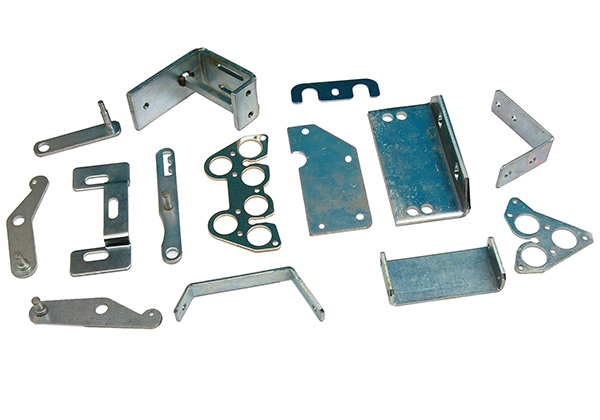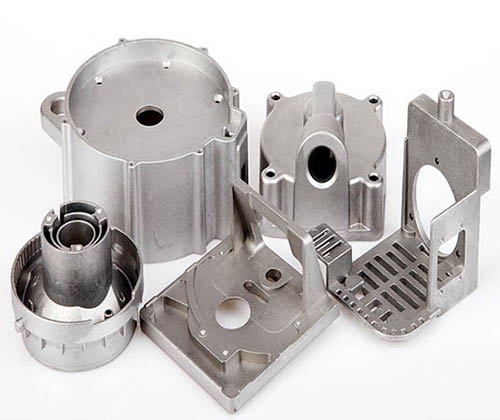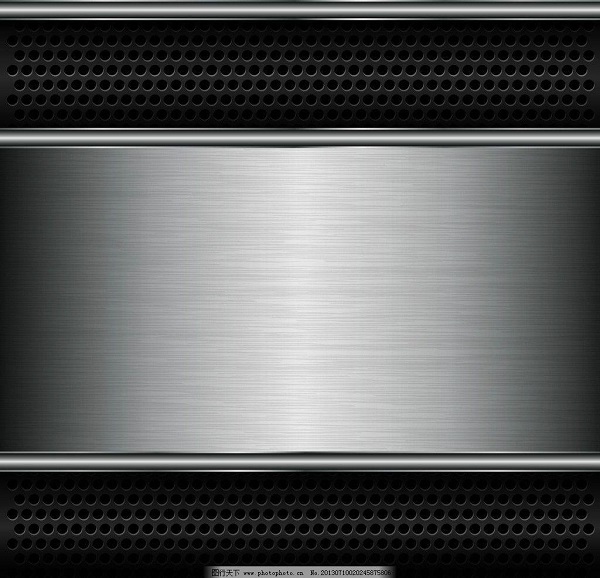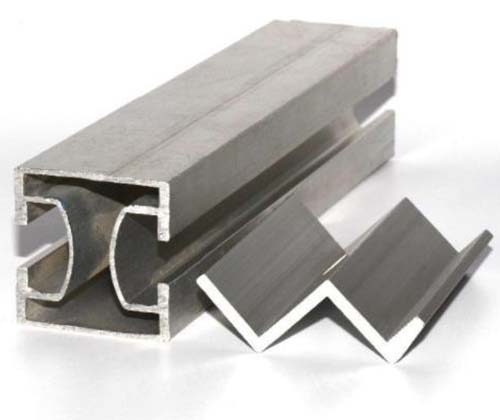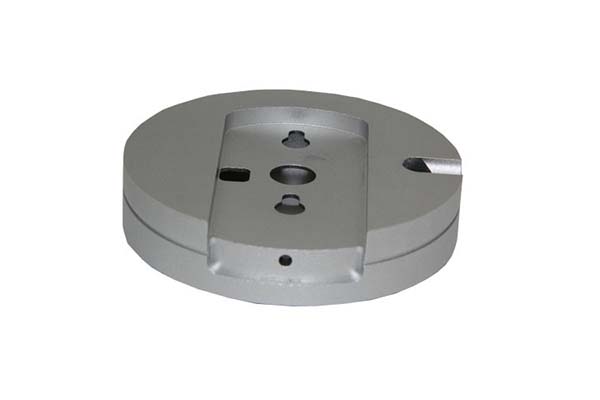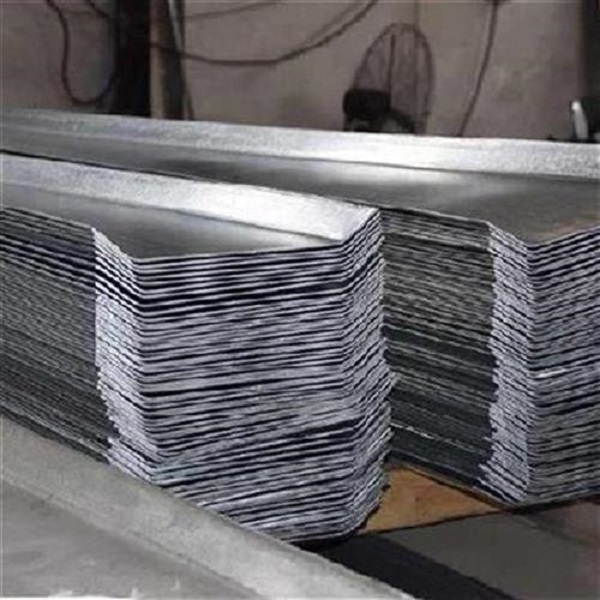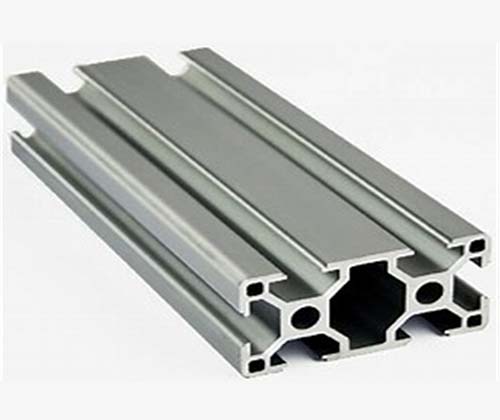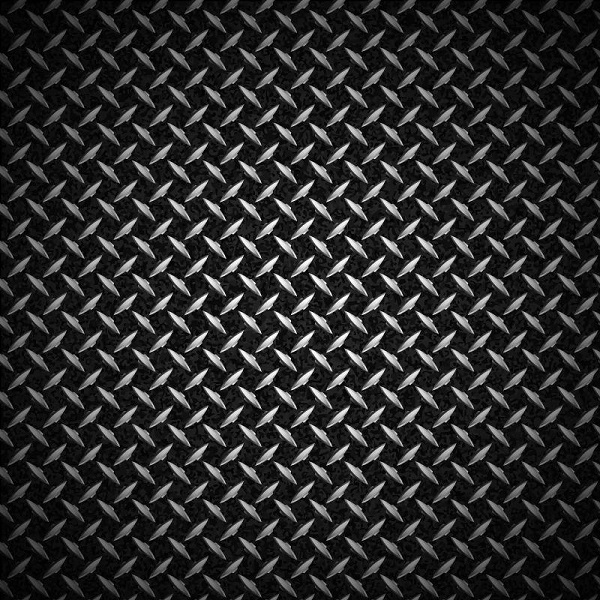When it comes to finding a material that can stand up to harsh, corrosive environments while maintaining strength and durability, many engineers and manufacturers face a tough challenge. Ordinary metals often fail quickly in settings with saltwater, acids, or high temperatures, leading to costly replacements and downtime. That’s where Monel 400 comes into play. As a leading nickel alloy, it offers a unique blend of properties that make it a top choice for demanding applications. In this guide, we’ll dive into the details of Monel 400 sheet metal, covering its composition, properties, manufacturing processes, surface treatments, and applications to help you determine if it’s the right fit for your project.
Material Composition and Properties of Monel 400
Monel 400 is a nickel - copper nickel alloy with a well - defined composition that gives it exceptional characteristics. It typically contains about 63% nickel, 28 - 34% copper, and small amounts of other elements like iron (up to 2.5%), manganese (up to 2%), and trace amounts of aluminum, silicon, and sulfur. These elements work together to create a material with outstanding properties.
Mechanical Properties
- Strength and Ductility: Monel 400 boasts impressive strength and ductility. It has a tensile strength ranging from 480 to 690 MPa, making it strong enough to handle heavy loads. At the same time, its good ductility allows it to be formed into various shapes through processes like bending and forming without cracking, which is crucial for manufacturing complex components.
- High - Temperature Resistance: This alloy exhibits excellent high - temperature resistance, maintaining its strength and integrity even at elevated temperatures up to around 480°C. This makes it suitable for applications in high - heat environments such as heat exchangers and industrial furnaces.
Chemical and Physical Properties
- Corrosion Resistance: One of the most notable features of Monel 400 is its exceptional corrosion resistance. It performs well in a wide range of corrosive environments, including saltwater (making it ideal for marine applications), acidic solutions, and alkaline environments. It also resists corrosion from chemicals used in the chemical processing and oil and gas industry.
- Oxidation Resistance: Monel 400 has good oxidation resistance, forming a protective layer on its surface when exposed to air, which prevents further oxidation and degradation, even at moderate temperatures.
- Thermal and Electrical Conductivity: Compared to pure copper, Monel 400 has lower thermal conductivity and electrical conductivity. However, its conductivity is still sufficient for certain electrical components where corrosion resistance is more critical than high conductivity.
- Magnetic Properties: Monel 400 is slightly magnetic, especially after cold working. This property is important to consider in applications where magnetic interference could be an issue.
- Recyclability: Like other nickel alloys, Monel 400 is highly recyclable. Recycling this alloy helps reduce the need for raw materials and saves energy, making it an environmentally responsible choice.
Manufacturing Processes for Monel 400 Sheet Metal
Working with Monel 400 requires specific techniques due to its unique properties, but it can be processed using a variety of manufacturing methods.
Forming and Cutting Processes
- Rolling: Rolling is commonly used to produce Monel 400 sheet metal of different thicknesses. Cold rolling can improve the material’s strength and surface finish, while hot rolling is suitable for thicker sheets. The alloy’s ductility allows it to be rolled into thin sheets with consistent quality.
- Cutting: Monel 400 can be cut using methods such as laser cutting and CNC machining. Laser cutting is ideal for creating complex shapes with high precision, which is useful in the production of intricate components for aerospace and electronics. Shearing and punching are also effective for simpler cuts and hole - making in sheet metal.
- Bending and Forming: Thanks to its ductility, Monel 400 can be easily bent and formed into various shapes. However, it’s important to use proper tooling and techniques to avoid cracking, especially when working with thicker sheets. Cold forming may cause work hardening, so annealing may be needed afterward to restore its ductility.
Welding and Heat Treatment
- Welding: Welding Monel 400 requires specific welding techniques to ensure strong, corrosion - resistant joints. Gas tungsten arc welding (GTAW) and gas metal arc welding (GMAW) are commonly used. It’s important to protect the weld area from contamination, as impurities can reduce the weld’s strength and corrosion resistance. Proper post - weld treatment, such as annealing, helps relieve residual stresses and improve the weld’s performance.
- Annealing and Heat Treatment: Annealing is a key heat treatment process for Monel 400. It involves heating the alloy to a temperature of around 700 - 900°C and then cooling it slowly. This process relieves internal stresses, improves ductility, and restores the material’s properties after cold working or welding. Other heat treatment processes are not typically necessary for Monel 400 as it achieves its desired properties through its composition and processing.
Machining
- Machining: Monel 400 can be machined, but it is somewhat more challenging than machining carbon steel due to its toughness and work - hardening tendency. Using sharp tools, proper cutting speeds, and adequate coolant is essential to prevent tool wear and ensure a good surface finish. CNC machining is often used for precise machining of Monel 400 parts, such as valves and pumps components, where tight tolerances are required.
Surface Treatment and Finishing of Monel 400 Sheet Metal
Surface treatment and finishing of Monel 400 not only enhance its appearance but also can further improve its corrosion resistance and performance in specific applications.
Plating
- Plating processes like tinning, silver plating, and gold plating can be applied to Monel 400 for specific purposes. Tinning can improve solderability and provide additional corrosion protection, while silver plating and gold plating are used in high - end applications where enhanced conductivity or aesthetic appeal is needed, such as in certain electrical components and jewelry.
Coating and Painting
- Coating: Applying corrosion - resistant coatings to Monel 400 can provide an extra layer of protection in extremely harsh environments. These coatings can be tailored to resist specific chemicals or conditions, making the alloy even more versatile in chemical processing and oil and gas industry applications.
- Painting: Painting is often used for decorative purposes or to identify components. It can also provide some additional protection against environmental factors, though the alloy’s inherent corrosion resistance is already strong.
Polishing and Other Finishes
- Polishing: Polishing can give Monel 400 a smooth, shiny surface, such as a mirror finish. This is not only aesthetically pleasing but also makes the surface easier to clean, which is important in food processing equipment and medical devices.
- Brushed Finish: A brushed finish creates a linear texture on the surface of Monel 400, giving it a more industrial look. This finish is often used in architectural components and industrial machinery where a durable, attractive surface is desired.
- Chemical Conversion Coating and Passivation: These processes form a thin, protective layer on the surface of Monel 400, enhancing its corrosion resistance. Passivation is particularly useful in applications where the alloy will be exposed to corrosive substances, as it helps maintain the material’s integrity over time.
- Heat Coloring: Heat coloring can be used to create a range of colors on the surface of Monel 400 for decorative purposes. This technique is often used in artistic applications and ornamental components.
- Protective Films: Protective films are applied to Monel 400 sheet metal during manufacturing and transportation to prevent scratches and damage to the surface.
Applications of Monel 400 Sheet Metal
The unique combination of properties of Monel 400 makes it suitable for a wide range of applications across various industries.
Marine and Offshore Applications
- Marine Applications: Due to its excellent resistance to saltwater corrosion, Monel 400 is widely used in marine applications such as ship hulls, propellers, valves, pumps, and tubing for seawater systems. It can withstand the harsh conditions of the ocean, ensuring long - term reliability.
- Oil and Gas Industry: In the oil and gas industry, Monel 400 is used in equipment such as wellhead components, pipelines, and pumps that come into contact with corrosive fluids and gases. Its corrosion resistance and strength make it a valuable material in this sector.
Chemical Processing and Industrial Machinery
- Chemical Processing: Monel 400 is a staple in the chemical processing industry, used in valves, pumps, heat exchangers, and storage tanks. It can resist corrosion from a wide range of chemicals, including sulfuric acid, hydrochloric acid, and sodium hydroxide, making it essential for safe and efficient chemical processing.
- Industrial Machinery: In industrial machinery, Monel 400 is used for components that require strength and corrosion resistance, such as gears, shafts, and bearings. It can handle the wear and tear of heavy machinery while maintaining its performance.
Aerospace and Automotive
- Aerospace: The high - temperature resistance and strength of Monel 400 make it suitable for aerospace applications. It is used in components like fuel lines, hydraulic systems, and engine parts that are exposed to high temperatures and corrosive fuels.
- Automotive: In the automotive industry, Monel 400 is used in certain high - performance components, such as exhaust systems and fuel injectors, where resistance to heat and corrosion is important.
Other Applications
- Food Processing Equipment: Monel 400 is used in food processing equipment because it is corrosion - resistant and easy to clean, ensuring compliance with hygiene standards. It is used in mixers, conveyors, and storage tanks.
- Medical Devices: Some medical devices utilize Monel 400 for its corrosion resistance and biocompatibility in certain applications, such as surgical instruments and equipment components.
- Electrical Components and Electronics: Monel 400 is used in electrical components like connectors and terminals, where its combination of conductivity and corrosion resistance is beneficial. In electronics, it can be found in components that need to withstand harsh environments.
Yigu Technology, a trusted parts custom manufacturing Supplier, has extensive experience in processing Monel 400 sheet metal. We are proficient in various manufacturing processes and surface treatments for this alloy, ensuring each component meets strict quality standards. Whether for marine applications, chemical processing, or other demanding fields, we deliver custom solutions tailored to your needs.
FAQ
- How does Monel 400 compare to stainless steel in terms of corrosion resistance?
Monel 400 generally offers better corrosion resistance than most stainless steels, especially in saltwater and acidic environments. While stainless steel is corrosion - resistant, it can be susceptible to pitting and crevice corrosion in certain harsh conditions, whereas Monel 400 holds up better.
- Can Monel 400 be welded to other metals?
Yes, Monel 400 can be welded to other metals, but it requires careful selection of welding techniques and filler materials to ensure a strong, corrosion - resistant joint. Compatibility between the metals and proper post - weld treatment are important factors to consider.
- Is Monel 400 suitable for high - pressure applications?
Yes, Monel 400 is suitable for high - pressure applications due to its high strength. Its ability to maintain strength under pressure, combined with its corrosion resistance, makes it a good choice for components like valves and pressure vessels in various industries.
